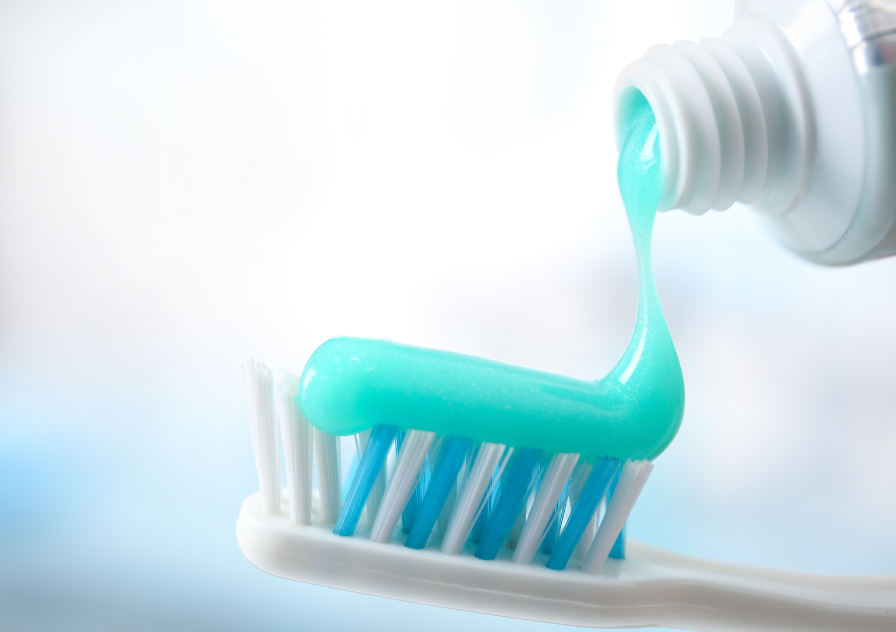If you’re missing a tooth, you’re not alone. Nearly 7 out of 10 adults have at least one missing tooth. And while the gap might only seem like just a cosmetic issue, missing teeth can impact more than just your smile. They can affect how you eat, speak, and even how your jawbone holds up over time.
Tooth loss can impact your ability to chew, speak clearly, and maintain a healthy jawbone. Fortunately, there are modern, long-lasting tooth replacement options that can restore both function and confidence.
Why Replacing Missing Teeth Matters
A missing tooth can lead to more than social discomfort or self-consciousness. It can:
- Make eating certain foods harder
- Allow nearby teeth to shift out of place
- Bone loss in your jaw
- Increase your risk of gum problems or bite issues
Replacing missing teeth supports long-term oral health, helps maintain facial structure, and improves quality of life.
Best Tooth Replacement Options
Depending on your needs, goals, and budget, your dentist may recommend one of these three main options:
1. Dental Crowns and Fixed Bridges
- Dental crowns are used to restore a damaged or decayed tooth when the root is still intact. They are custom-fit and permanently bonded.
- A dental bridge fills the space left by one or more missing teeth, anchoring an artificial tooth between two crowns.
Pros:
- Fixed and long-lasting
- Natural in appearance
- Faster solution than implants
Considerations:
- Requires modifying neighboring teeth
- May not stop underlying jawbone loss
2. Removable Dentures
Dentures are removable appliances that replace missing teeth and surrounding tissue. There are several types:
- Partial dentures: Used when some teeth remain
- Full dentures: Replace all teeth in an arch
- Implant-supported dentures: Snap onto dental implants for improved fit and function
Pros:
- Affordable option
- Restore speech and chewing ability
Considerations:
- May feel less stable than implants
- Do not prevent jawbone loss, which may affect long-term fit
3. Dental Implants
Dental implants are considered the gold standard for tooth replacement. These small titanium posts are placed into your jawbone, where they fuse over time to create a strong, stable base. A natural-looking crown is then attached to the implant.
Pros:
- Most natural look and feel
- Long-lasting (often lifetime with care)
- Help prevent bone loss in the jaw
- Do not affect surrounding teeth
Considerations:
- Higher upfront cost
- Requires healthy bone and healing time
Which Tooth Replacement Option Is Right for You?
Choosing the best option depends on your health, how many teeth are missing, and what matters most to you. A dentist can help you weigh your choices and create a personalized plan. If you’re still not sure about next steps, schedule a live video call with a Dentistry.One dentist.




